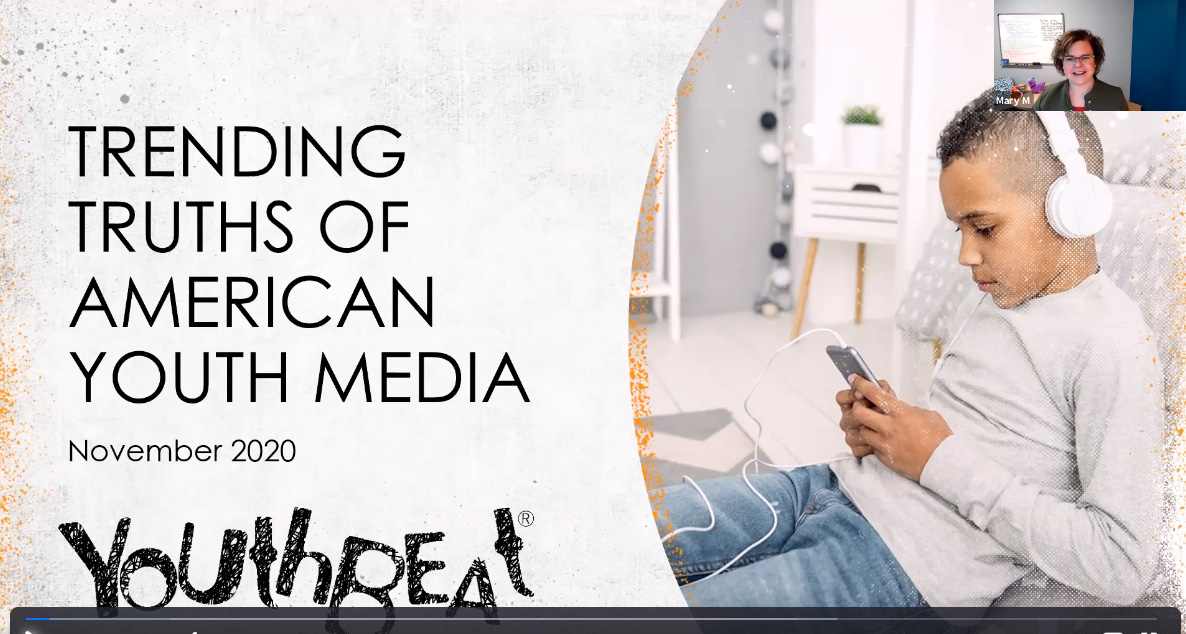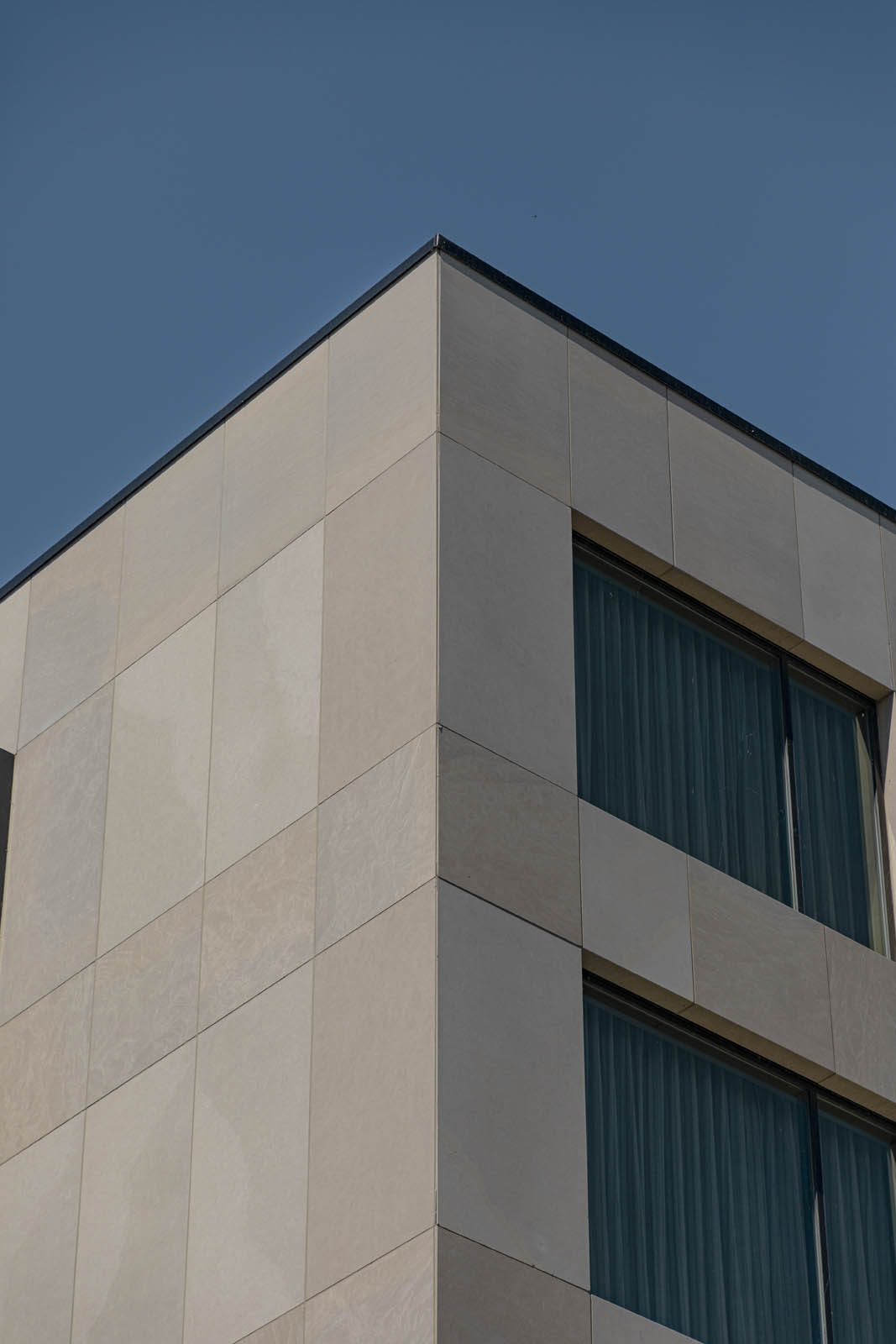
Market Research: From Academia to Real World
Filed Under: Best Practices, Market Research, Youth & Family

Mary McIlrath
Senior Vice President, C+R Alum
If you earned a graduate degree in Business in the 2010s or 2020s in the Midwest, chances are you had to sit through one of my guest lectures along the way. Some of you have even taken, or will take, the classes that I teach. Some of my colleagues at C+R are also on the regular rotation for guest lecturing at universities—you may have come across my business partners Paul Metz, Sharon Seidler (retired), Bob Relihan (retired), or others.
We most often turn up at the University of Wisconsin-Madison, Northwestern University, and the University of Illinois. Most recently, I recorded a Zoom lecture that is being used in a Master’s program at IDC Herzliya in Israel (see photo below). I’ve also presented to governmental departments like the U.S. Department of Agriculture, as well as the private-sector Children’s Advertising Review Unit—no degrees being pursued there, but everyone was eager to learn.

Why do we get asked to speak?
The relationship between academia and industry can sometimes be contentious. When I announced to my dissertation committee at the University of California-Santa Barbara that I was taking an industry job (I really needed the money) instead of going into research and teaching, more than one of my professors was horrified. A perception exists in some corners that industry research is slipshod, rammed through, and untrustworthy. Contrarily, industry professionals can feel that academic research is painfully slow to the point of irrelevance and tortured by unnecessary formalities. It was very hard at first to straddle these two worlds.
Business schools, in contrast, see the value in both disciplines. Their programs are designed to give students sound backgrounds in the theory and practice of industries that use market research. Where we come in is helping give students a realistic sense of what working in such industries will be like after graduation. The students are really hungry for case studies—real brands’ business issues, how we investigated for them, what happened, outcomes, etc. And, they’re often disappointed by the “masked” details we present… because we’re bound not only by our ethics not to reveal clients’ trade secrets, but we’re usually also legally bound by non-disclosure agreements. So, we tell stories of “a beverage company” or “a streaming music provider” and how we invented a new combination of approaches to meet their strategic objectives.
What topics do we cover?
Most often, we get asked to discuss topics where academic resources are less robust than others. Qualitative research approaches, conducting research with special populations like youth or multicultural consumers, that kind of thing. Sometimes it’s a showcase of cutting-edge techniques like marrying behavioral and attitudinal data into a cohesive story against which a brand can act. We’re always tinkering behind the scenes like elves (also known as “data pixies”) for how to do research better, smarter, more efficiently and how to share the results out in ever more useful and memorable ways. The topic for any guest lecture depends on the course’s needs and what students can use in their careers—even if it’s just inspiration.
What’s in it for us?
We don’t get paid personally for this work. It’s a service.
We do it to pay homage to the people who did the same for us in earlier years. More than once or twice in my academic and professional careers, a professor gave me a sound suggestion (“You should consider graduate school,” “You should really apply for an internship with the Academy of TV Arts & Sciences,” and “You should think about getting a Ph.D.” are top of mind). We might be able to shape their value systems about the market research industry and the responsible use of data. Also, we sometimes get cool swag. I have a nice plush purple zippered sweatshirt, a couple of pint glasses with university logos, and once I even came home with a wireless speaker and a nice glass sculpture/trophy for my desk.
What’s next?
In the age of COVID-19, online learning has become commonplace. This makes getting to the guest lecture easier when I don’t have to drive for hours each way before and after. The drawback is that an online lecture feels less “immediate,” and students are less likely to pipe up with questions. Personally, I prefer a more conversational course, in which students and faculty can be spontaneous in their communication. So, when it’s safe, I’ll be back out on the “real” guest lecture trail. In the meantime, catch me online. I look forward to meeting the next batch of students!
explore featured
Case studies
